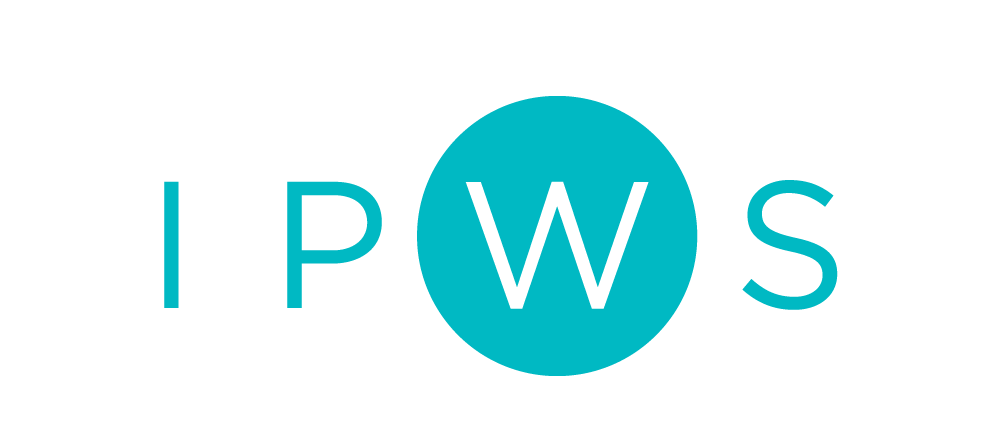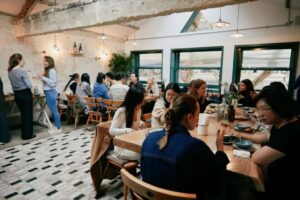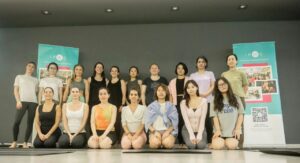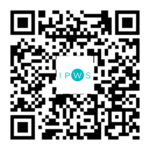‘If we have a healthy emotional relationship with ourselves, then we’re able to come to people as a whole perso’
On September 14, Lorraine Lee, a Mental Health Advocate, and the Founder of Inward, shared her authentic experiences and insights regarding how emotional wounds impact our lives and relationships with others. With professionalism and tenderness, she created a safe space for people to share and connect.
Her emotional wounds have, in the end, become significant gifts, enabling her to empathize with others who are going through similar challenges. She encourages people to understand their emotional wounds, whether that is through therapy or personal growth, and to be willing to remove the shame. This is a crucial step in starting to examine how past experiences have affected us. It stands as one of the most important and profound actions we can ever take.
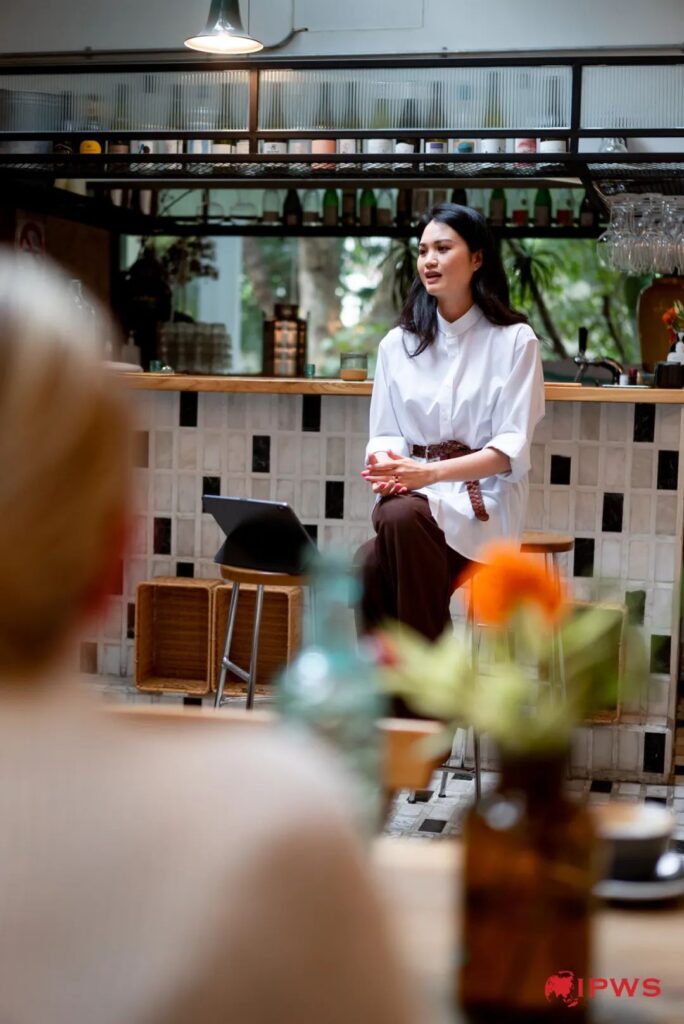

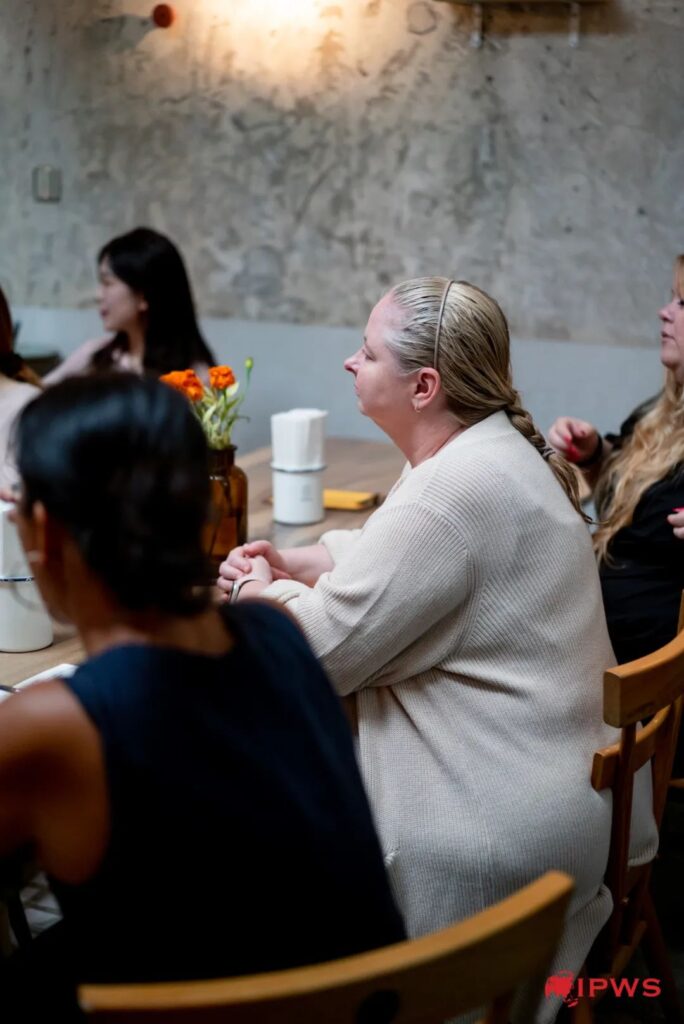

Event Takeaways
1. What does emotional wounds mean to us?
They come from different places, our upbringing, trauma, difficult experiences, also come from societal norms and gender results.
It’s simply the emotional and psychological pain that we feel from really difficult experiences, or traumas that we’ve been through. Most of us actually go through our lives, we never think about why do I like the type of person when I engage in a relationship. How come I feel a certain way when I’m criticised? Why do certain things make me more insecure? Actually, how we react to things is by design. Our body creates these reactions and emotional connections for us, based on protecting us and doing what’s best for us to survive. The most basic instincts are to go towards pleasure and to avoid pain, that is exactly the same for emotions as well.
They originate from various sources: our upbringing, experiences of trauma, and challenging life circumstances. Additionally, they are influenced by societal norms and gender-related outcomes.
This pain is simply the emotional and psychological distress resulting from the difficult experiences or traumas we’ve endured. Most of us navigate through life without delving into the reasons behind our preferences in relationships or our emotional responses to criticism. We seldom contemplate why certain things trigger insecurity in us. In reality, our reactions are intentional, designed by our bodies to protect us and ensure our survival. Our most fundamental instincts are to seek pleasure and avoid pain, and this holds true for our emotional responses as well.
2. Be proud of ourselves, advocate for our needs and values
When we’re unaware of emotional wounds, they really drive our life. They dictate our self-esteem, our behaviors, the types of people we choose to be in relationships with and influence us. Ultimately, a relationship can be deep and meaningful, it can only be as healthy as the relationship we have with ourselves. So if we have a healthy emotional relationship with ourselves, then we’re able to come to people as a whole person. We need to be proud of ourselves, we’re able to advocate for our needs and our values. .
3. Three elements for a healthy relationship
Whether that be physically, intimately, through conversation, eye contact or texting, that’s how our relationship builds off. When the quality is bad or when the communication isn’t there, then the relationship falls away as well.
The second piece is a sense of safety in relationships. We need to be able to breathe and come from a place of safety to really have true connection. If we don’t have a sense of safety and security in our relationships, It’s hard for us to truly connect.
And the third part is being accepted and being loved for who we are being treated with. These things don’t define who we are, but they are a part of who we are and they change us so dramatically. If we don’t have an awareness, if we’re unable to speak in our relationships, how can we be accepted for who we are if we don’t even accept ourselves? If we’re being triggered the communication we have, we’re constantly sending each other off.
4. Therapy won’t fix you, it gives you the language.
Before you have that language, it’s, “I’m so messy. Why am I so emotional? Why am I so clingy and naggy? Why am I so reactive?” All things that don’t mean anything, essentially. After you do the therapy, “Oh, I have an avoidant anxious attachment style.” “Oh, I experienced abuse. I was criticized so much as a child. That’s why I have the affection I get.”
It takes that shame and mess away, it just becomes this list,when you’re reacting, you bring that list out, start ticking off and working out. “I’m not crazy. It’s just a business trigger.”
Whatever makes you react the most when you get most angry or feel most ashamed, it’s because there’s a goldmine. It’s literally a goldmine sitting behind that reaction. That our tendency is to like snap into avoiding it or strapping ourselves. But if you can push past it, that’s like the biggest power in the world.
5. Family of origin affects our reactions
The way that we are in relationships stems from our upbringing, everybody should learn what their attachment style is, we learn that by observing the way that our parents relate to each other, by observing how they express their emotions, how they model relationships, what are some difficult things that have gone through, how does it affect our life and ability to connect with others.
There’s nothing wrong with the fact that we’re reacting to, and we have a choice to make, to leave certain behaviours, that may be inherited or developed in a perfect reaction, but to move forward by choice, and move from an unconscious way of relating to people to a conscious way.
Speaker Spotlight
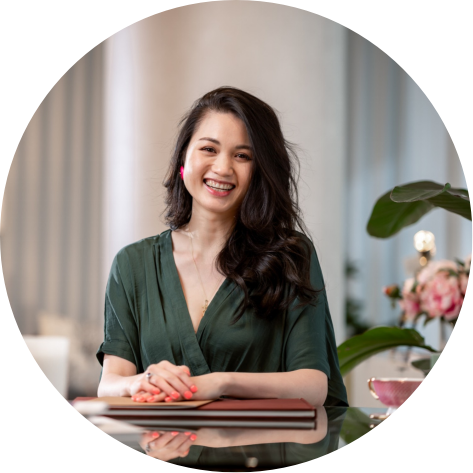
Lorraine Lee
Originally from Australia, Lorraine Lee is a multi-faceted professional and advocate with a deep commitment to promoting preventative health and emotional wellbeing. As a chef, content host, moderator, and consultant, she uses her various platforms to inspire positive change and empower individuals to be their most authentic selves. By creating safe spaces and fostering open conversations, Lorraine aims to help people gain a deeper understanding of the many significant life experiences that shape and guide us toward a more meaningful, healthy and compassionate way of living. This is the common thread and root purpose that guides all of her work.
Reach out to Lorraine👇
WeChat: Inwardasia
Instagram: Lorraineleeadvocacy
Q: Are there any resources or books on healing emotional wounds that you would recommend?
Q: What are some quick daily practices to promote emotional well-being?
A: Think of emotions as energy in motion – they’re supposed to move through and out of our bodies. When we’re feeling happy or excited about something we perceive to be positive, we naturally want to share that news with others and as a result we move that energy outward in a healthy and productive way. But when things aren’t going so well, we tend to keep those emotions and experiences bottled up, which isn’t healthy. It’s important to find healthy ways to let those feelings out. This might mean talking to a friend about what’s bothering you, taking a few moments to relax and breathe, getting some exercise to release built-up tension, or reaching out to a professional for support. Also, don’t forget the basics like getting enough sleep, staying hydrated, and eating well – they’re like the foundation for being strong and resilient in the face of life’s everyday challenges.
About The Kindness Dealer:
The Kindness Dealer is a bespoke health consultancy, bridging the gap between mental health adversity and compassionate, professional support.
Born from the past 4 years of speaking to and supporting individuals in the community through Inward, TKD was created to acknowledge the reality that seeking and receiving support for our struggles is rarely as simple as “knowing you need help, and finding it.”
TKD’s in depth 2-3 hour mental and emotional clarity sessions specialise in creating a safe, kind and compassionate space for people to gain a holistic, “Birds Eye view” of their struggles, the influences that have and continue to shape them and the paths available for support.
We’re here to empower people with advocacy over their journey and the confidence to make choices about their needs for support, from a place of clarity and genuine engagement.
